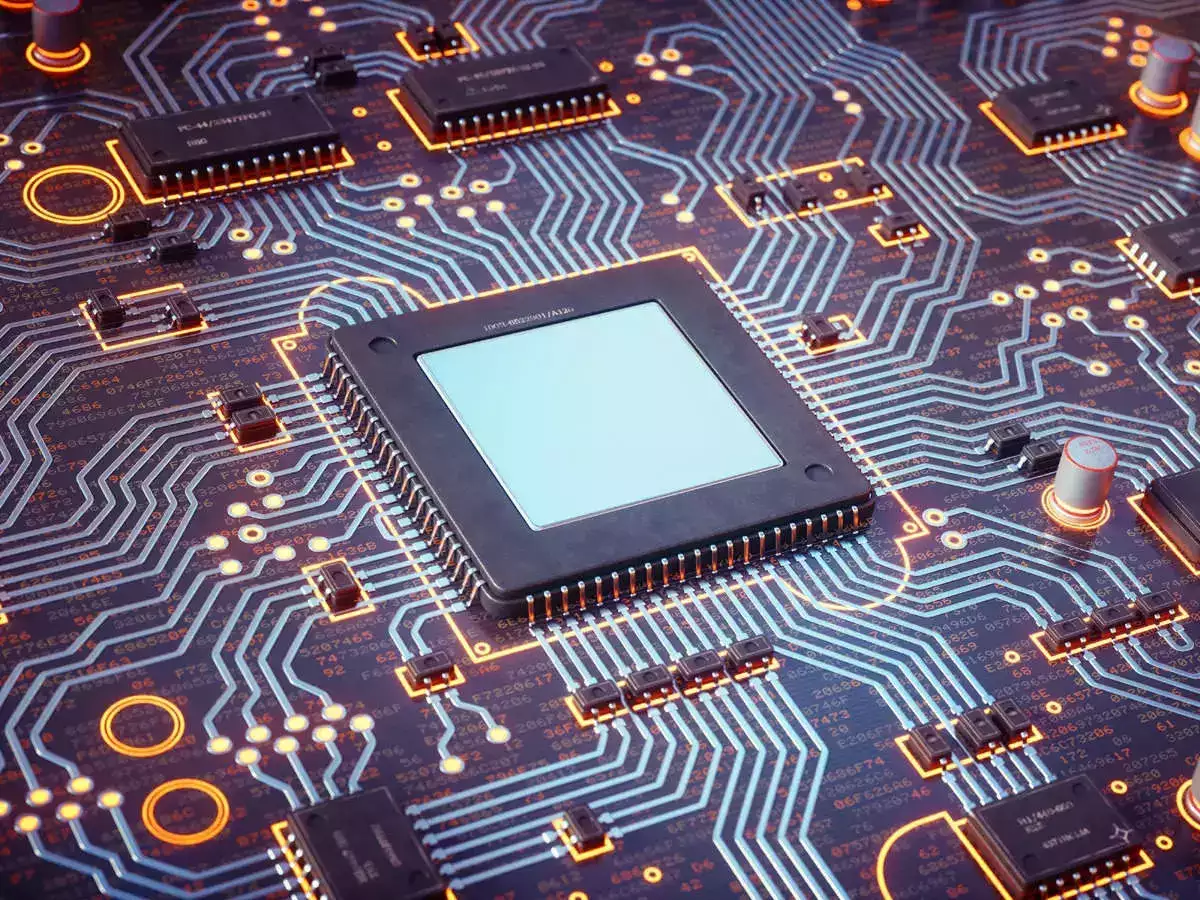
These packaged chips are being shipped to some of Tata Electronics' partners in Japan, the US and Europe, the people said. This comes as the Tata group company lays the groundwork for its new chip packaging unit at Morigaon in Assam and a USD 10 billion chip foundry at Dholera in Gujarat.
“Tata Electronics has packaged chips there which they are sending to customers right now outside the country. They have multiple partners and are expanding their customer base. Some of these (products) are still in the pilot stage,” one of the persons cited above told ET.
A second person said the company is also in near final stages for a successful tape-out of semiconductor chips in 28, 40, 55, 65 nm (nanometre), and some other higher nodes. A tape-out refers to the final result of the designing process for integrated circuits or printed circuit boards before they are sent for manufacturing.
“There are multiple rounds before a successful tape-out. So, some of these products will be in advanced stages of R&D and they will be sent to select customers to obtain feedback for testing and improvement. Commercial production is slated for 2027,” the person said.
He said chips that have been packaged and are currently being exported by Tata Electronics could be used in multiple products as they have not been built for a specific purpose.
“When you package the chips, it really does not matter what the chips are used for. It is just a matter of when you package them and prepare them to be used. Tata Electronics has products in multiple areas,” he added.
ET reported in April that Tata Electronics is understood to have signed a strategic deal with Tesla to supply semiconductor chips for its global operations.
Tata Electronics did not respond to ET’s queries.
Neil Shah, vice president at market researcher Counterpoint Research, said it is imperative for Tata Group to start demonstrating its chip designing and manufacturing capabilities to potential customers and partners before the fabs are commissioned over the next 30-36 months.
"It is a great opportunity for Tata to start leveraging its end-to-end expertise and vision from early semiconductor design development work the company has been doing," Shah said.
He added that this could be through Tata Elxsi which has partnerships with Renesas, Lattice Semi as well as through its in-house Sankhya Labs branch.
"Tata Electronics should set up solid front-end processes for co-design, testing and quality assurance processes for final production chip tape-outs when the fab is up," he said. "They must also formulate diligent back-end ATMP processes, services and pilots to achieve global manufacturing standards, lucrative yield rates and become a one-stop shop for both semiconductor design and manufacturing in India."
Tata group’s chip foundry in Dholera, built in alliance with Taiwan’s Powerchip Semiconductor Manufacturing Corporation (PSMC), has a planned capacity of up to 50,000 wafer starts per month. The facility is expected to produce chips in leading nodes such as 28 nm (nanometre) and 40 nm as well as some legacy or mature nodes such as 55 nm, 90 nm, and 110 nm.
ET had in March reported that the Tata-PSMC JV plans to manufacture chips majorly in these nodes before moving to the 22 nm segment.
Some small and medium-scale packaging companies are already working on the same in India such as Tessolve Semiconductor, CDIL and SCL. Experts, however, said this would not be at the scale of a Micron or Tata Group business.
Apart from the foundry, Tata Group is also working on an outsourced assembly and testing (OSAT) unit in Assam. Semiconductor assembly and testing is a critical part of the semiconductor value chain where wafers made by semiconductor fabs are assembled or packaged and then tested before they are finally used in the desired product.
Other than Tatas, CG Power is also working on a chip assembly and testing unit at Sanand in Gujarat. Some others such as an OSAT plant announced by HCL Group-Foxconn group joint venture as well as another by Hiranandani Group’s Tarq Semiconductors which has tied up with Kaynes Technology are awaiting government approval.
Disclaimer: The copyright of this article belongs to the original author. Reposting this article is solely for the purpose of information dissemination and does not constitute any investment advice. If there is any infringement, please contact us immediately. We will make corrections or deletions as necessary. Thank you.





